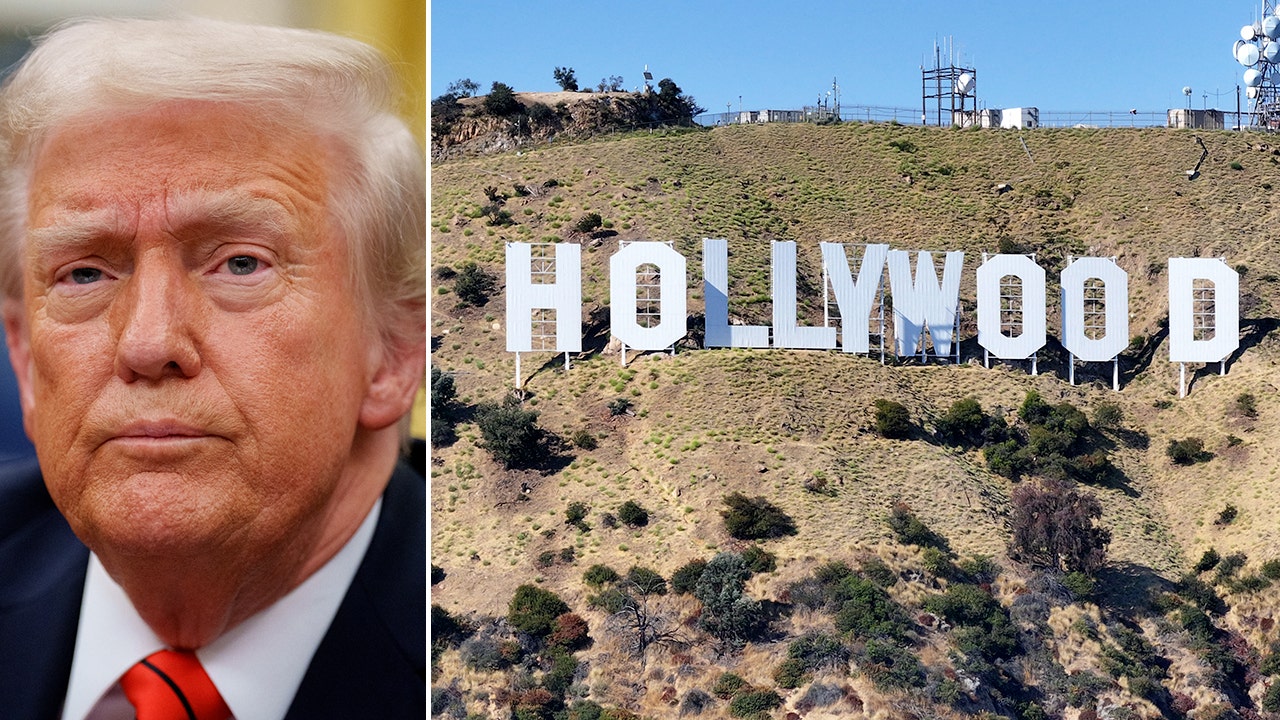The Uncertain Future of Filmmaking: How Trump’s Presidency Could Reshape American Cinema
As the film industry stands at a crossroads, the presidency of Donald Trump has ignited a debate about the future of filmmaking in America. With directors and creators expressing concerns over the implications of his administration on artistic integrity and creative freedom, the question arises: Will the political landscape influence the stories told on screen? This article delves into the potential repercussions of Trump’s presidency on the cinematic world, exploring various perspectives and implications for filmmakers and audiences alike.
Understanding the Political Landscape
The political climate during Trump’s presidency has been marked by divisiveness and a contentious relationship with the media, which many in the film industry consider crucial to their craft. As filmmakers often use their work to reflect societal issues and provoke thought, the current political environment poses both challenges and opportunities. The uncertainty surrounding policies, funding for the arts, and freedom of expression creates a complex backdrop against which filmmakers must navigate.
Artistic Integrity and Censorship Concerns
Filmmakers have historically used cinema as a medium to comment on political realities, societal norms, and human experiences. However, Trump’s presidency has raised concerns about potential censorship and the pressures artists may face. With the administration’s critical stance on Hollywood and its celebrities, there is a palpable fear that filmmakers might self-censor to avoid backlash or loss of funding.
Some filmmakers worry that the political environment could stifle creativity. For instance:
- Funding for Independent Films: With federal funding for the arts subject to cuts, independent filmmakers may struggle to secure financing for projects that tackle controversial subjects.
- Audience Reception: The polarized political landscape influences how audiences perceive films, leading some creators to avoid politically charged topics out of fear of alienating viewers.
The Rise of Activist Cinema
On the flip side, Trump’s presidency has also sparked a resurgence of activist cinema. Many filmmakers see this as an opportunity to create powerful narratives that challenge the status quo. Documentaries and fictional narratives addressing issues like immigration, climate change, and social justice have gained traction. This movement reflects a growing desire among filmmakers to use their platform to drive social change.
Examples of this trend include:
- Documentaries: Films like “Fahrenheit 11/9” by Michael Moore and “The Act of Killing” have taken bold stances on pressing political issues, resonating with audiences eager for content that reflects their concerns.
- Fictional Narratives: Movies like “Get Out” and “BlacKkKlansman” have successfully blended entertainment with social commentary, encouraging viewers to confront uncomfortable truths.
Impact on Storytelling and Representation
The political environment during Trump’s presidency has prompted filmmakers to rethink their storytelling approaches. Issues of representation have come to the forefront, with many creators advocating for diverse voices in cinema. The fear of censorship is pushing filmmakers to be more intentional about the narratives they choose to tell and who gets to tell them.
In recent years, there has been a noticeable shift towards inclusivity, with more stories centering around marginalized communities. This trend has been bolstered by movements like #OscarsSoWhite, which highlighted the lack of diversity in Hollywood.
The Role of Streaming Services
Another significant factor shaping the future of filmmaking is the rise of streaming services. Platforms like Netflix, Amazon Prime, and Hulu have revolutionized how films are distributed and consumed. The flexibility that streaming offers has allowed filmmakers to explore stories that may not have found a home in traditional theaters.
Streaming services have also become a refuge for filmmakers facing challenges under the Trump administration. These platforms are more willing to invest in diverse narratives and unconventional storytelling, thus providing a counterbalance to mainstream Hollywood’s potential hesitance. This shift could ultimately lead to a richer tapestry of stories that reflect a broader spectrum of human experiences.
International Perspectives and Globalization
As American cinema grapples with internal challenges, the global film landscape offers an intriguing contrast. International filmmakers often address political issues directly, often without the same level of scrutiny faced by their American counterparts. This global perspective can enrich American cinema, as filmmakers draw inspiration from stories and styles beyond their borders.
Moreover, as American films increasingly cater to global audiences, there is a potential for political narratives to resonate on an international scale. Collaborations between American filmmakers and international talent can lead to innovative storytelling that transcends political barriers.
Looking Ahead: The Future of Filmmaking
As we contemplate the uncertain future of filmmaking under Trump’s presidency, it’s essential to recognize that while challenges exist, there are also opportunities for growth and innovation. Filmmakers are resilient and adaptable, often using adversity as a catalyst for creativity. The political landscape may change, but the desire to tell powerful stories remains a constant driving force in cinema.
In conclusion, the future of filmmaking in America is undoubtedly influenced by the current political climate. While there are valid concerns about censorship, funding, and representation, there is also a burgeoning movement towards activist cinema and diverse storytelling. As the industry evolves, filmmakers and audiences alike will play a crucial role in shaping the narratives that define American cinema in the years to come.
Ultimately, the stories told on screen will reflect the complexities of the times, serving as both a mirror and a catalyst for societal change. As filmmakers continue to push boundaries and challenge norms, the future of filmmaking in America, while uncertain, remains ripe with potential.
See more CNET Live

